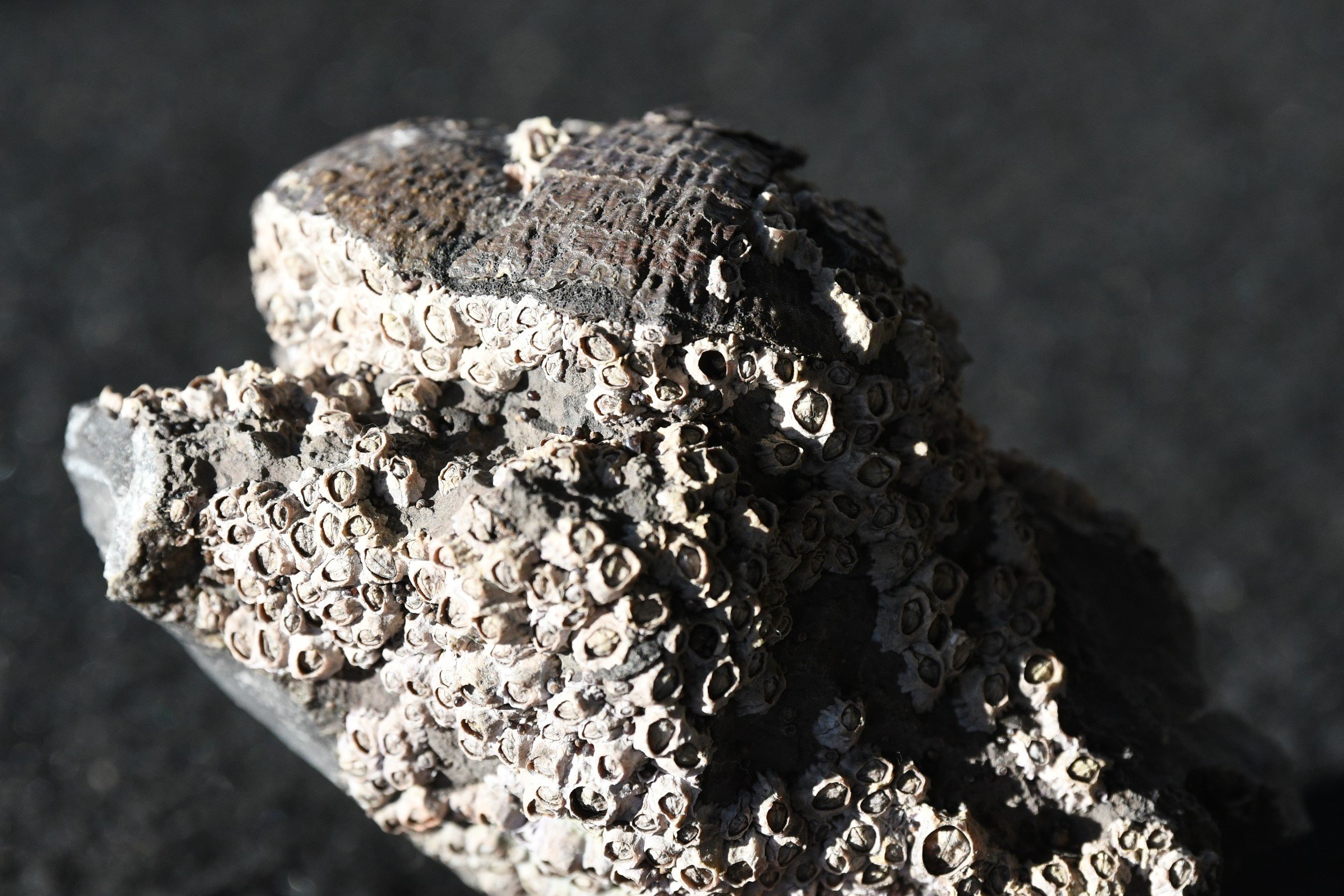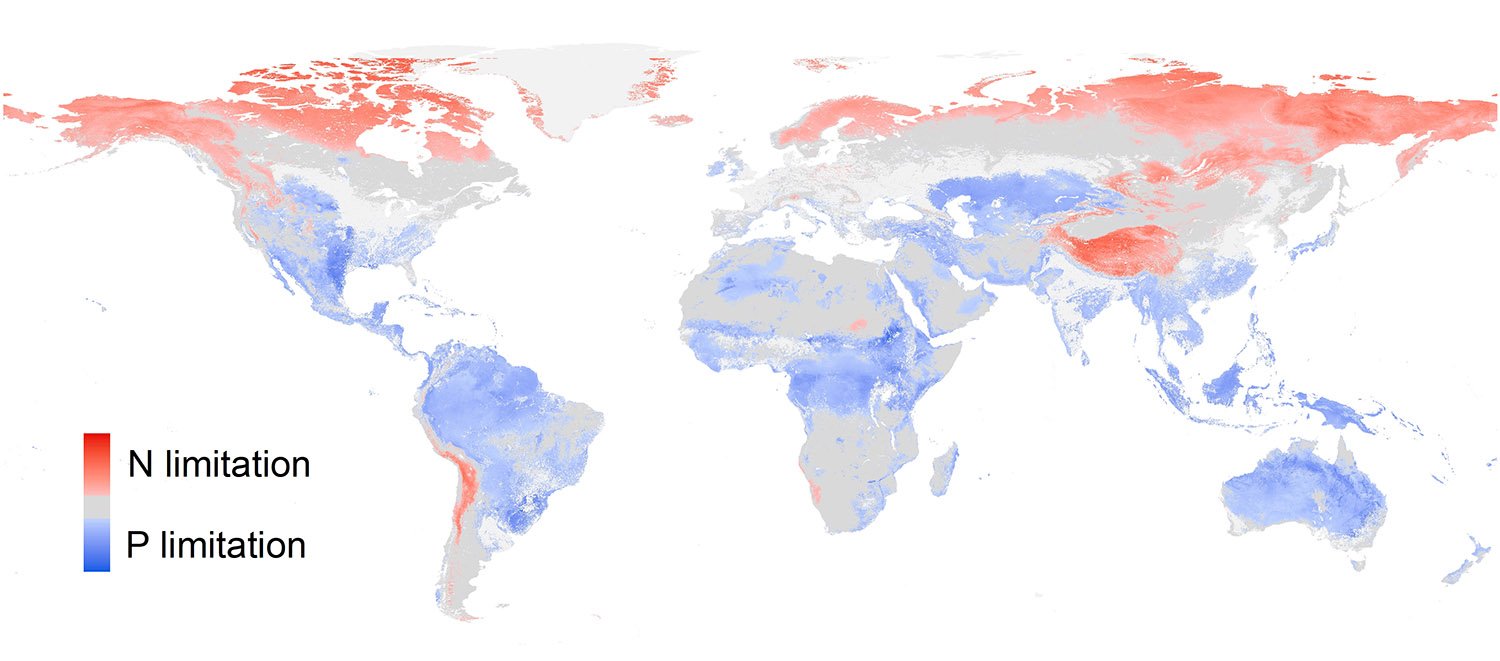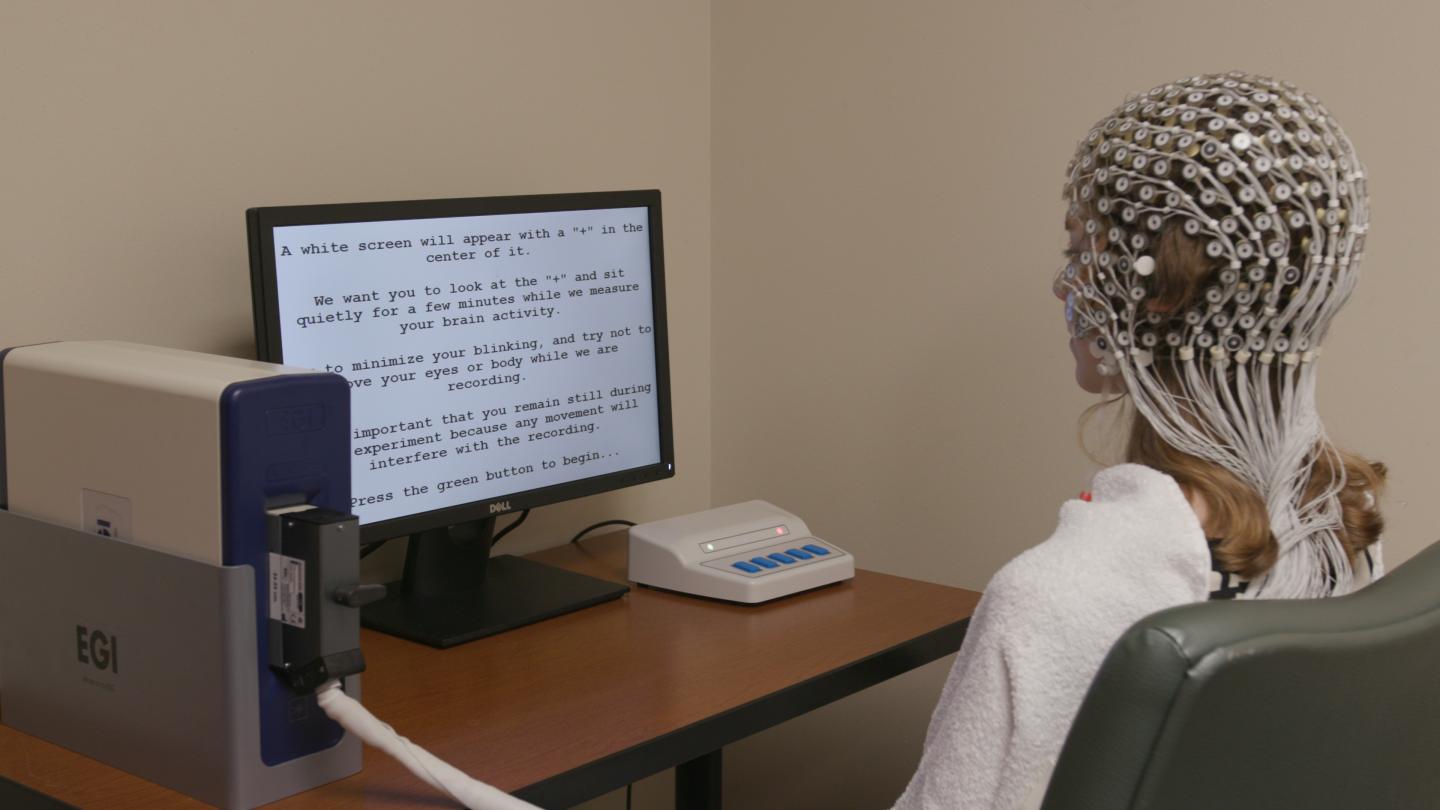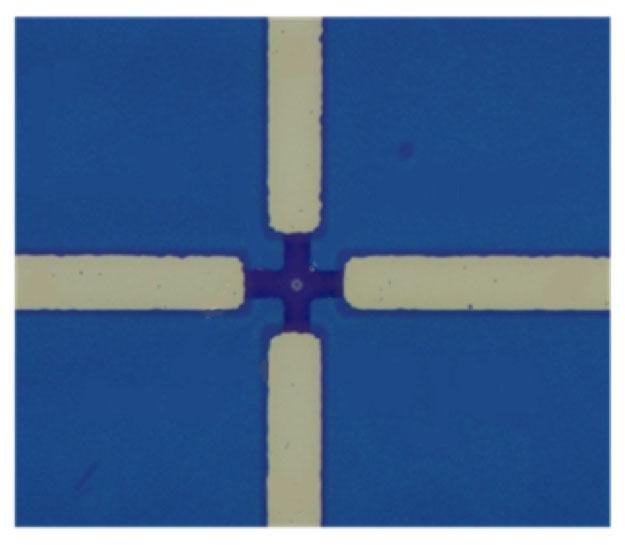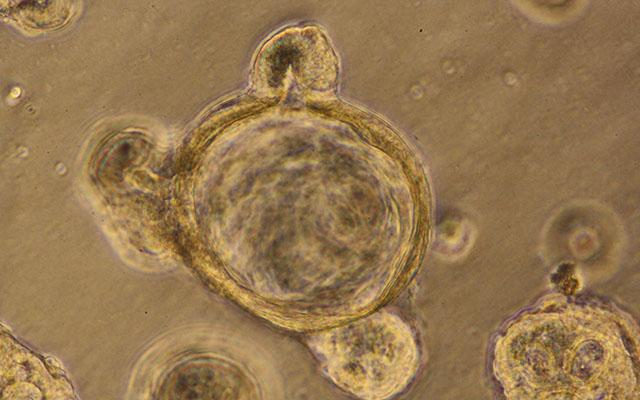Scientists show solar system processes control the carbon cycle throughout Earth’s history
The world is waking up to the fact that human-driven carbon emissions are responsible for warming our climate, driving unprecedented changes to ecosystems, and placing us on course for the sixth mass extinction event in Earth’s history. However, new research publishing this week in leading international journal PNAS, sheds fresh light on the complicated interplay of … Read more

